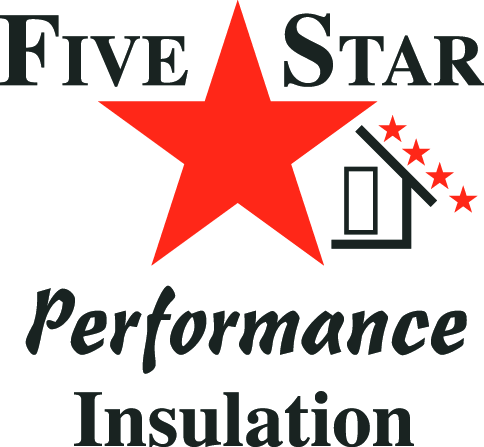All buildings are held to local energy code requirements. Some builds call for continuous insulation, while others only require minimal amounts of continuous insulation. In both cases, some building and design professionals say these requirements are expensive, structurally complicated or not as impactful when compared to cavity insulation.
A term to be aware of in construction is “thermal bridging.” This has to do with heat conduction and the performance of the overall thermal barrier. However, not everyone understands the effective impact structural framing has on the R-value of a cavity insulation product. Read on to learn more about this aspect of insulation.
Insulation and framing layer R-value
The effective insulation and framing layer R-values between metal and wood wall framing will vary, and thermal bridging makes a significant difference if steel studs are used:
- Structural framing and the thermal barrier: Both metal and wood will be impacted, though different building materials conduct heat at different rates. Both metal and wood framing will conduct heat more easily than cavity insulation products.
- Steel framing: This conducts a lot of heat. For example, a layer of R-19 batt insulation for metal walls in Sacramento, CA is reduced by 63 percent to an effective R-7.1 when metal studs are spaced 16 inches on-center.
- Wood framing: This can induce thermal bridging, but not as bad as metal studs. Even though wood is less conductive than steel, it lowers the effective R-value of batt insulation for wood walls to between 14 and 18 percent.
Continuous insulation is important
The take away here is that continuous insulation makes a difference—especially when it comes to metal framed buildings. Another thing of importance to note is that the girts and other supports for the continuous layer of insulation should be thermally-broken or low-conductive. The effective R-value of continuous insulation will be negatively impacted by its support system. Nevertheless, the overall performance benefits make continuous insulation an obvious improvement over cavity insulation options.
Metal building insulation services
If you need metal building insulation installation services in Sacramento, CA or the surrounding area, look no further than 5 Star Performance Insulation, Inc. We insulate new and retrofit applications for metal buildings, and our insulation contractors can recommend the right metal building insulation products and services for your needs. Here’s more information:
- Spray foam insulation: Because spray foam is made of a highly efficient substance, it’s a great choice for insulating large metal framed buildings. Naturally, you might have questions about the insulation installation process or your insulation options. Our friendly staff is happy to help you out—just give us a call.
- Solutions for commercial clients: Come to us for services so you can rest assured that the insulation type you choose for your metal building will be resistant to mold and able to protect your building from condensation. Our metal building insulation products are solid, specifically designed for commercial metal framed buildings to ensure acoustical performance, condensation control and to work well in combination with spray foam applications.
You can count on the experts at 5 Star Performance Insulation, Inc. in Sacramento, CA for the best insulation products and installation services. Call us today!
